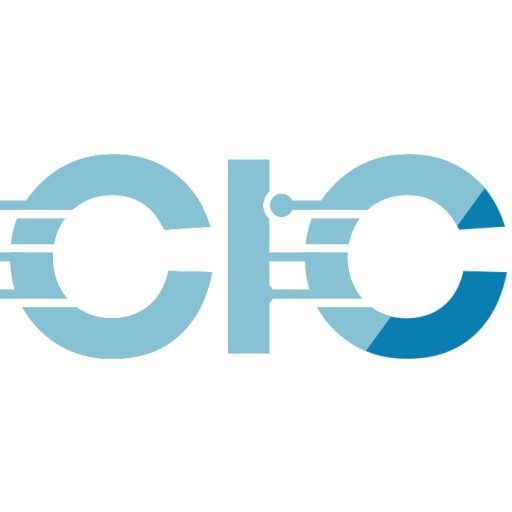NGK Sodium-Sulfur Batteries: Japan Project and Duke Energy Pilot
In the evolving landscape of energy storage technology, sodium-sulfur (NaS) batteries have emerged as a promising solution to meet the growing demands for efficient and sustainable energy storage. This article explores the significant developments surrounding NGK Insulators Co., a pioneer in NaS battery technology, including its major projects in Japan and a pilot program with Duke Energy in the United States.
What are Sodium-Sulfur Batteries?
Sodium-sulfur batteries are high-temperature batteries that utilize sodium and sulfur as the primary active materials. They operate at elevated temperatures (around 300°C or 572°F), which allows for efficient ionic conduction. One of their standout features is their high energy density, which makes them suitable for large-scale energy storage applications, particularly in renewable energy integration.
The Project in Japan
NGK Insulators, based in Japan, has been at the forefront of sodium-sulfur battery development since the 1980s. The company has established several large-scale installations across the country to bolster grid stability and support renewable energy sources. Their facilities can provide substantial grid services, helping accommodate fluctuations in supply and demand resulting from integrating intermittent renewable energy sources like solar and wind.
One notable project is the 34 MW energy storage system located in the Kumamoto Prefecture. Operational since the mid-2000s, this system has successfully demonstrated the benefits of NaS technology, providing services such as peak shaving and frequency regulation. These applications help stabilize the electrical grid, making it increasingly resilient to fluctuations in temperature and load.
Duke Energy's Pilot Program
Duke Energy, one of the largest electric power holding companies in the U.S., has recognized the potential of sodium-sulfur battery technology and initiated a pilot program to evaluate its feasibility. This initiative aligns with Duke Energy’s broader goals of integrating renewable energy sources and enhancing grid reliability.
The pilot project involves deploying an NGK sodium-sulfur battery system to assess its performance in real-world conditions. This system aims to provide backup power and enhance the stability of the grid by storing excess renewable energy generated during off-peak hours for use during peak demand.
Early results from the pilot have shown promise, indicating that NaS batteries can effectively support grid services and facilitate the transition to a more sustainable energy model. By participating in this pilot project, Duke Energy not only aims to improve its energy storage capabilities but also contribute to the development of advanced battery technologies that can play a crucial role in the future of energy systems.
Advantages of Sodium-Sulfur Batteries
The advantages of sodium-sulfur batteries are numerous:
- High Energy Density: NaS batteries can store large amounts of energy in a relatively small volume, making them ideal for grid-scale applications.
- Long Cycle Life: These batteries can endure thousands of charge-discharge cycles, providing a long service life with low maintenance.
- Cost-Effectiveness: While the initial costs can be high, the long-term savings through increased efficiency and reduced operational costs can offset the initial investment.
- Environmental Benefits: Sodium is abundant and relatively inexpensive compared to lithium, making NaS batteries a more sustainable option.
Challenges and Future Outlook
Despite their potential, sodium-sulfur batteries face challenges related to high operating temperatures and safety concerns due to the use of sulfur. However, ongoing research and development efforts aim to address these issues and improve the overall safety and efficiency of NaS technology.
The collaboration between NGK Insulators and Duke Energy symbolizes a significant step toward harnessing sodium-sulfur battery technology for large-scale applications in the U.S. As governments and utilities worldwide seek innovative solutions to meet renewable energy demands, projects like these will pave the way for more sustainable and resilient energy systems.
Conclusion
As the energy storage market continues to evolve, NGK sodium-sulfur batteries emerge as a vital component of the future energy landscape. With successful projects in Japan and promising pilot programs in the U.S., the potential for this technology to revolutionize energy storage and grid management is becoming increasingly clear. The collaboration between innovators like NGK Insulators and major stakeholders like Duke Energy is essential to unlocking the full potential of sodium-sulfur batteries and moving toward a more sustainable energy future.


